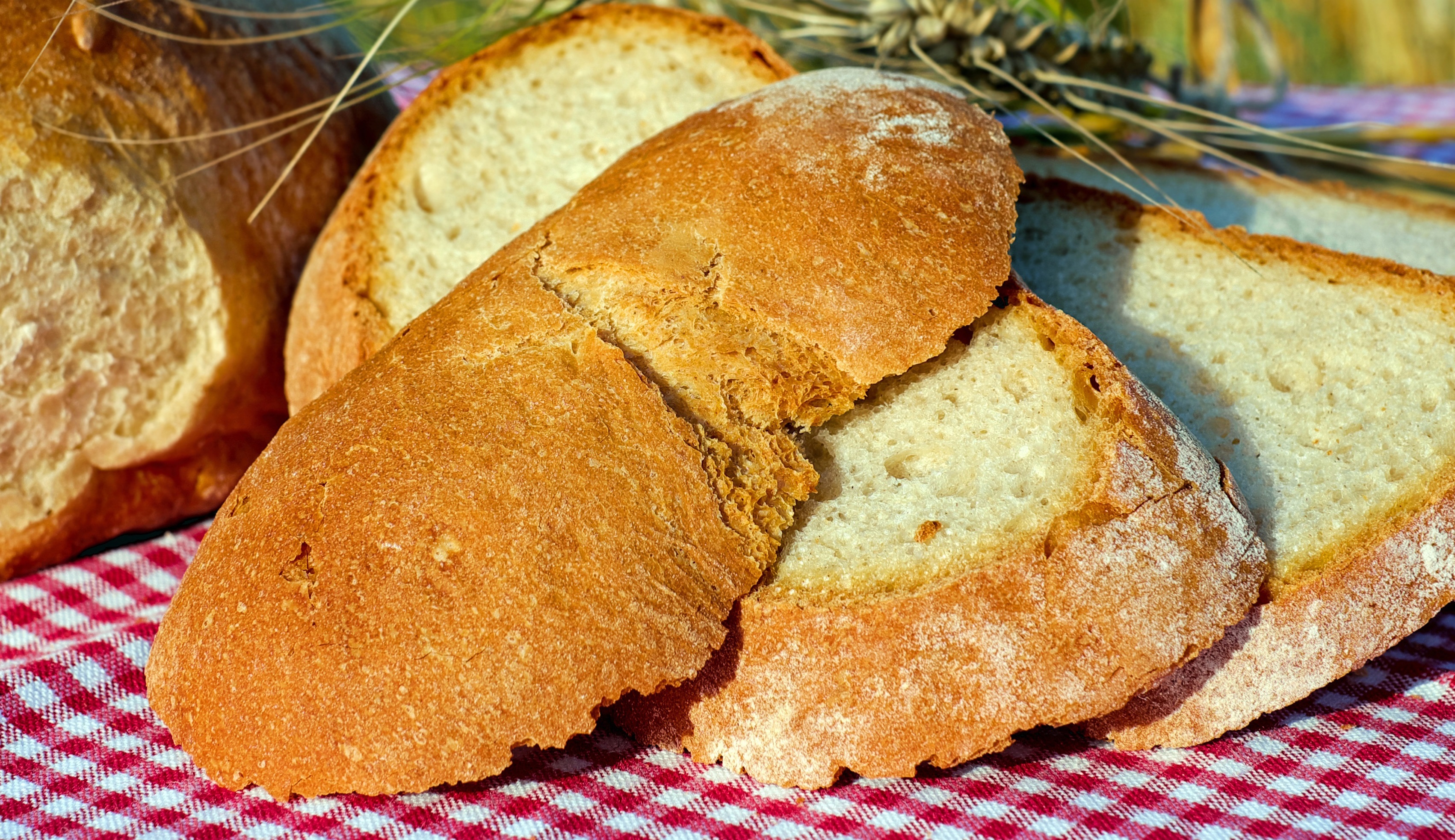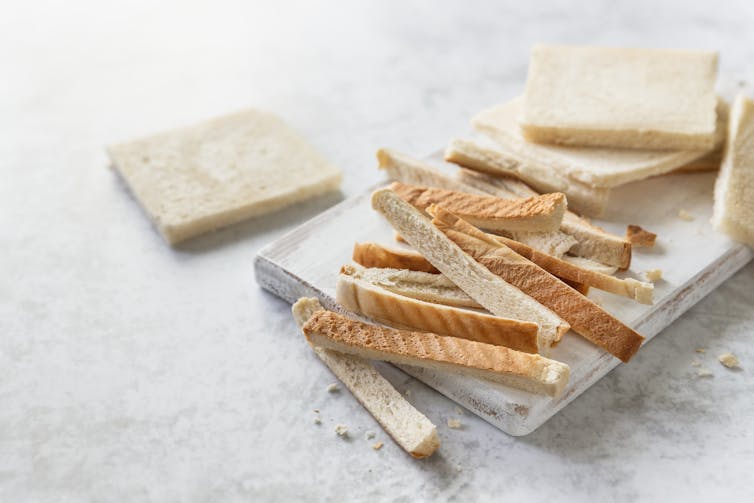Writing in The Conversation, Aberystwyth scientists Juan Felipe Sandoval Rueda and Dr David Bryant discuss their research looking at turning bread crusts into nutritious new foods, by using fungal fermentation:
Do you find yourself tossing away the crusts of your bread? You’re not alone, but the scale of bread waste is staggering. Around 10% of the 185 million tonnes of bread baked worldwide each year is wasted. While some of this waste occurs at home, much of it comes from supermarkets and commercial bakers.
Although much of this surplus bread is still safe to eat, it cannot be sold and often ends up in the bin. But our recent research suggests these crusts could be turned into new kinds of foods, by using fungal fermentation. This is a method used to produce traditional Asian foods for millennia.
Wheat is one of the world’s most consumed crops, accounting for 20% of the calories and proteins in our diets. It’s a vital ingredient in staple foods like bread, cakes, biscuits, cookies and crackers. According to the Food and Agriculture Organisation of the United Nations, about 760 million tonnes of wheat flour are produced globally each year, much of which is used to bake bread.
However, the environmental impact of bread production is enormous, especially wheat farming. A 2017 University of Sheffield study found that wheat farming, particularly the use of fertilisers, is responsible for roughly 40% of the greenhouse gas emissions associated with bread production. Adding to this, the waste from uneaten bread exacerbates the problem, creating a significant environmental burden.
Transforming bread waste with fungi
Our study uses solid-state fermentation, which is a process widely used in Asia to create plant-based proteins like tempeh and oncom from surplus legumes, beans and cereals. In a novel twist, we are fermenting bread crusts alongside grass protein, traditionally used for livestock feed. Grass protein is rich in nutrients, making it an ideal complement to bread waste in this innovative fermentation process.
The result is a vegetarian alternative protein that enhances the nutritional value of surplus bread while being environmentally friendly. This discovery offers a sustainable way to transform bread waste into a valuable food source, addressing both food waste and food security challenges.





